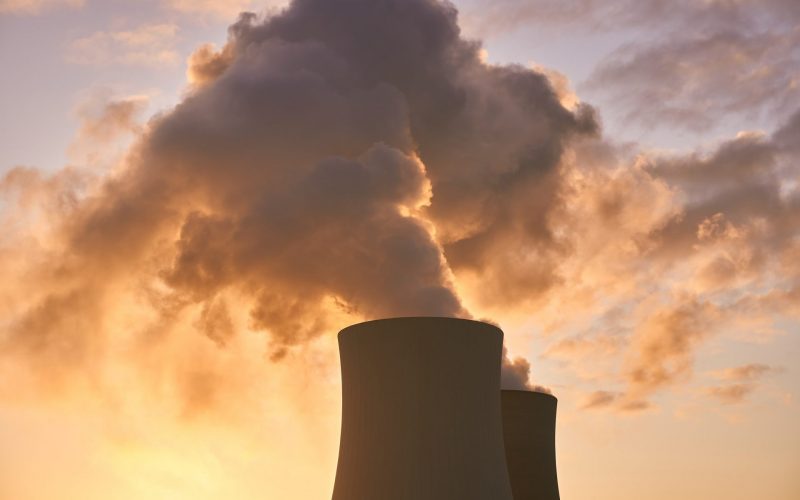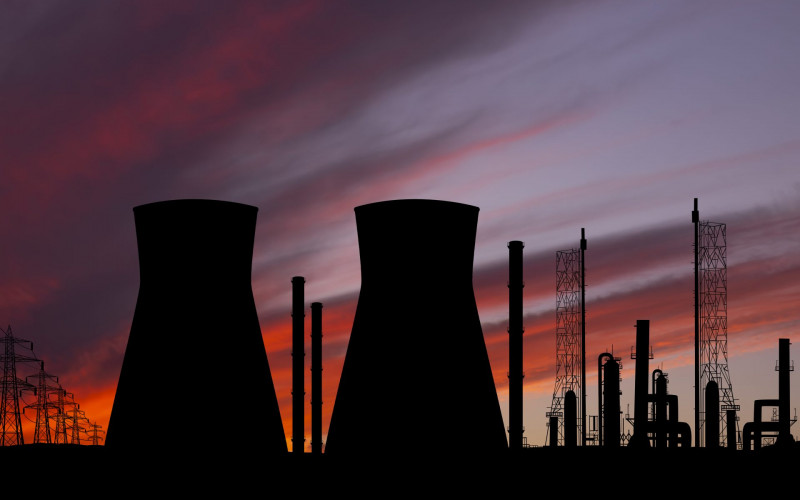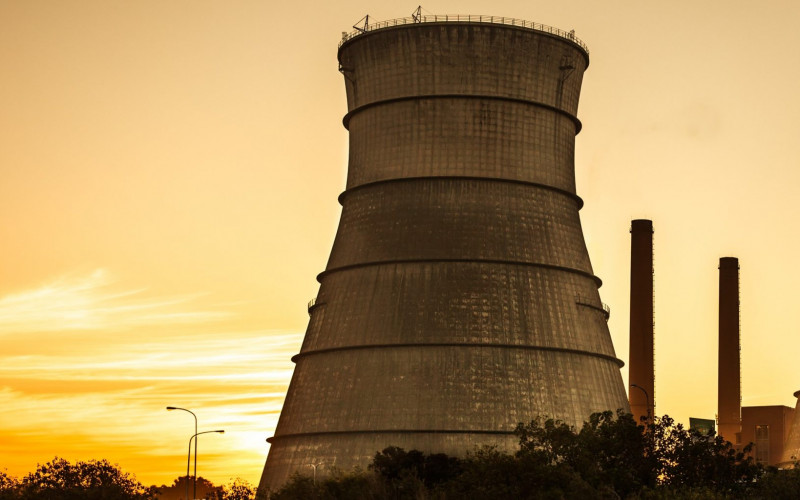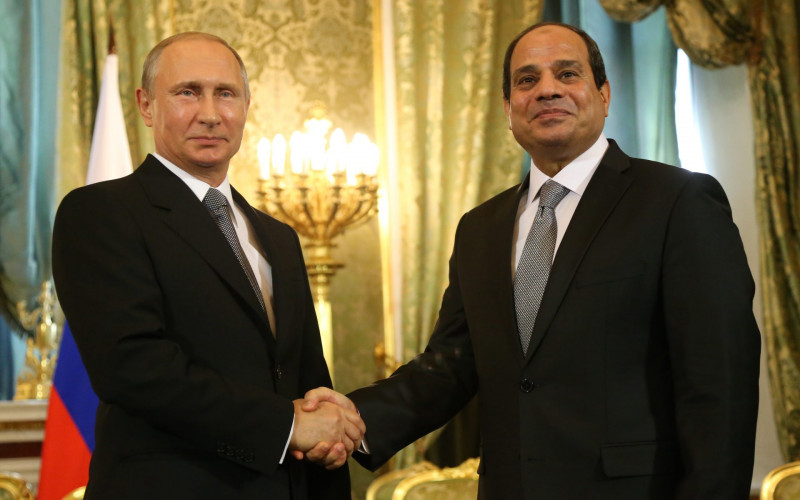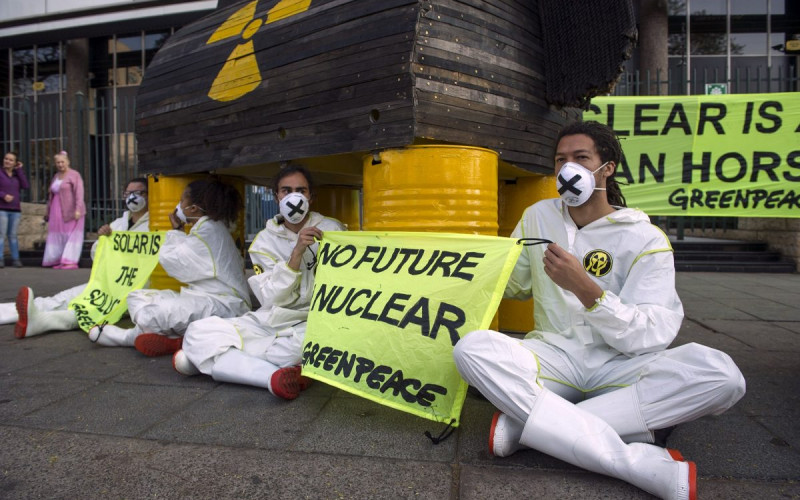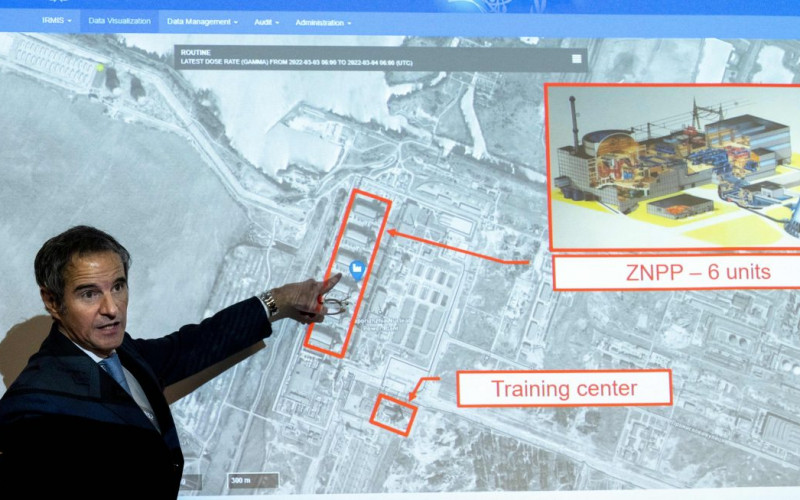UN Sustainable Goal 7 also aims for access to affordable, reliable, sustainable and modern energy. As the global population expands alongside increased urbanisation, the demand for electricity increases exponentially. Countries across the world are also faced with the collective challenges of the climate emergency, making the need to turn to sustainable and environmentally friendly energy sources more pressing.
In recent years, nuclear energy has undergone a revival. According to the World Nuclear Association, nuclear energy can play an important role in mitigating the rising global energy demand, while also assisting countries in reducing carbon emissions. At present, nuclear power plants produce about 10% of the global electricity supply. But nuclear science and technology can also contribute to development through areas outside of civil electricity production. These include healthcare, agriculture, and research.
At present, South Africa is the only African country to operate a nuclear power plant, but Egypt and Ghana are well on track to become the second and third. Other African countries have developed a respectable track record in nuclear science and technology, through their use of 10 smaller nuclear research reactors in operation on the continent. Algeria, Egypt, Ghana, Kenya, Morocco, Niger, Nigeria, Sudan, Tunisia, Uganda and Zambia are all planning to establish fully-fledged nuclear power programmes and have reached out to the International Atomic Energy Agency (IAEA) for support.
African countries are primarily interested in nuclear energy to overcome low levels of electricity access. In 2019 the global average was 90%, but Sub-Saharan Africa only had 47,9% people connected to the grid. As an addition to a country’s energy mix, nuclear energy has the potential to improve rates of electrification and provide a more stable supply of electricity.
To find out more, browse our latest in-depth research papers covering this theme:
- Nuclear energy and techno-nationalism in Egypt, SAIIA Policy Briefing No 208 by Dr Hebatalla Taha
- Egypt’s Quest for a Nuclear Future, SAIIA Special Report, January 2021, by Dr Hebatalla Taha
- Powering Ghana’s Economic Development Through Nuclear Energy, SAIIA Policy Briefing No 229 by Isabel Bosman



